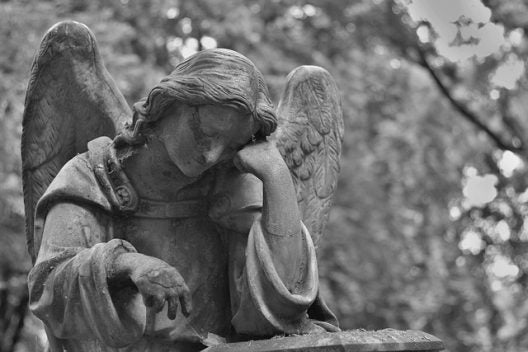Mutsvanga speaks to students
Published 12:06 pm Tuesday, February 27, 2018

- Terry Mutsvanga, award-winning journalist and activist, speaks to students about the struggles faced by entrepreneurs under a repressive government in Zimbabwe at Hampden-Sydney College on Feb. 14 (photo by Emily Hollingsworth).
Terry Mutsvanga, an award-winning journalist and activist from Zimbabwe who faced political and social repression from the governmental system in that country, spoke to students and faculty at Hampden-Sydney College (H-SC) on Feb. 14.
The event was sponsored by the H-SC Center for the Study of Political Economy (CSPE) and The Flemming Center for Entrepreneurship and Innovation.
The goal of CSPE, according to the H-SC website, is “to motivate undergraduate students to create a more just and prosperous world through entrepreneurship and scholarship in classical liberal political economy.”
Mutsvanga is director of the Coalition Against Corruption (CAC), which seeks to end corruption on the governmental level, and he directs the Giraffe Heroes Zimbabwe organization, which highlights those who engage in human rights activism.
He received the Mandela Washington Fellowship, a flagship program of the Young African Leaders Initiative (YALI), which offers young leaders academic and networking opportunities in the U.S. He has also produced two documentaries on issues facing Zimbabwe and has written for the Zimbabwe-based newspaper, The Standard.
Mutsvanga spoke at H-SC about former Zimbabwe President Robert Mugabe and his role in using governmental corruption and intimidation to suppress entrepreneurship among young adults and in the technology and agricultural fields. Mutsvanga’s presentation was titled, “Entrepreneurship in the Face of Tyranny: Small Business and the Mugabe Regime.”
Mutsvanga said Mugabe — who served as president from 1987 to November 2017 until a coup removed him from office — used police brutality to attack protesters. He said while violence typically takes place during elections, the country faces economic and governmental challenges.
He said current unemployment, between 2009 to the present day, hovers around 90 percent.
“Which means almost everybody; out of 10 people, you get one or two out of 10 who are in full-time employment,” Mutsvanga said.
He said it’s common to see college graduates sell candy in area cities.
Innovation that was encouraged often benefited members of Mugabe’s family or inner circle.
Mutsvanga said this approach to economy significantly disadvantaged young people, who he said make up 60 percent of the country’s population.
“Mr. Mugabe organized young people into the militias,” Mutsvanga said.
Mutsvanga cited an inventor who built pumps to empower local farmers and his own flying helicopter. Both items were banned by the government.
“We can see how this government discourages innovation,” Mutsvanga said.
He noted as well that black and white farmers have been economically disadvantaged by the government of Zimbabwe. He showed photos of fields that once had agricultural produce and industry and now are in disrepair.
He noted that colonization from the British until the 1980s had disadvantaged black farmers and that land use reform was needed but said indicting black farmers for working with white farmers was not the solution.
“Let me make it clear, land reform is necessary to address the colonial imbalances,” Mutsvanga said, noting that white farmers owned the majority of the land, but he said Mugabe’s actions in discouraging agricultural production, particularly collaborations between black and white farmers, played a role in the country’s food scarcity.
He said while he is not endorsing the acting president, Emmerson Mnangagwa, who is from Mugabe’s party, Mutsvanga said he seems to be more active in engaging young entrepreneurs.
The leading opposition to Mugabe, Morgan Tsvangirai, passed away from colon cancer the day of the H-SC presentation, Mutsvanga said.
Following the presentation, he took questions from students and faculty in the audience.
H-SC student David Arias asked about the current situation regarding Grace Mugabe, Mugabe’s wife.
Mutsvanga said Grace, nicknamed “Gucci” because of her shopping habits, fled the country. Mutsvanga said initially she expressed interest in taking over the presidency. He said Grace played a role in the corruption of the government and did not anticipate her coming back to Zimbabwe.
Student Nico Correa asked about how the country is set to prevent further corruption during its upcoming election.
“It’s a very, very complicated issue now,” Mutsvanga said, noting Tsvangirai’s passing. “We’re now caught between a rock and a hard surface, because now the opposition is weak.”
Justin Isaacs, H-SC professor of economics and business, asked what prompted the coup.
“What made the military decide that it was time to oust Mugabe?” Isaacs said.
Mutsvanga said members of the military had been under Mugabe’s rule for a long time and may have determined that Mugabe, who is 94, ruled long enough and that they wanted influence in the government system.





